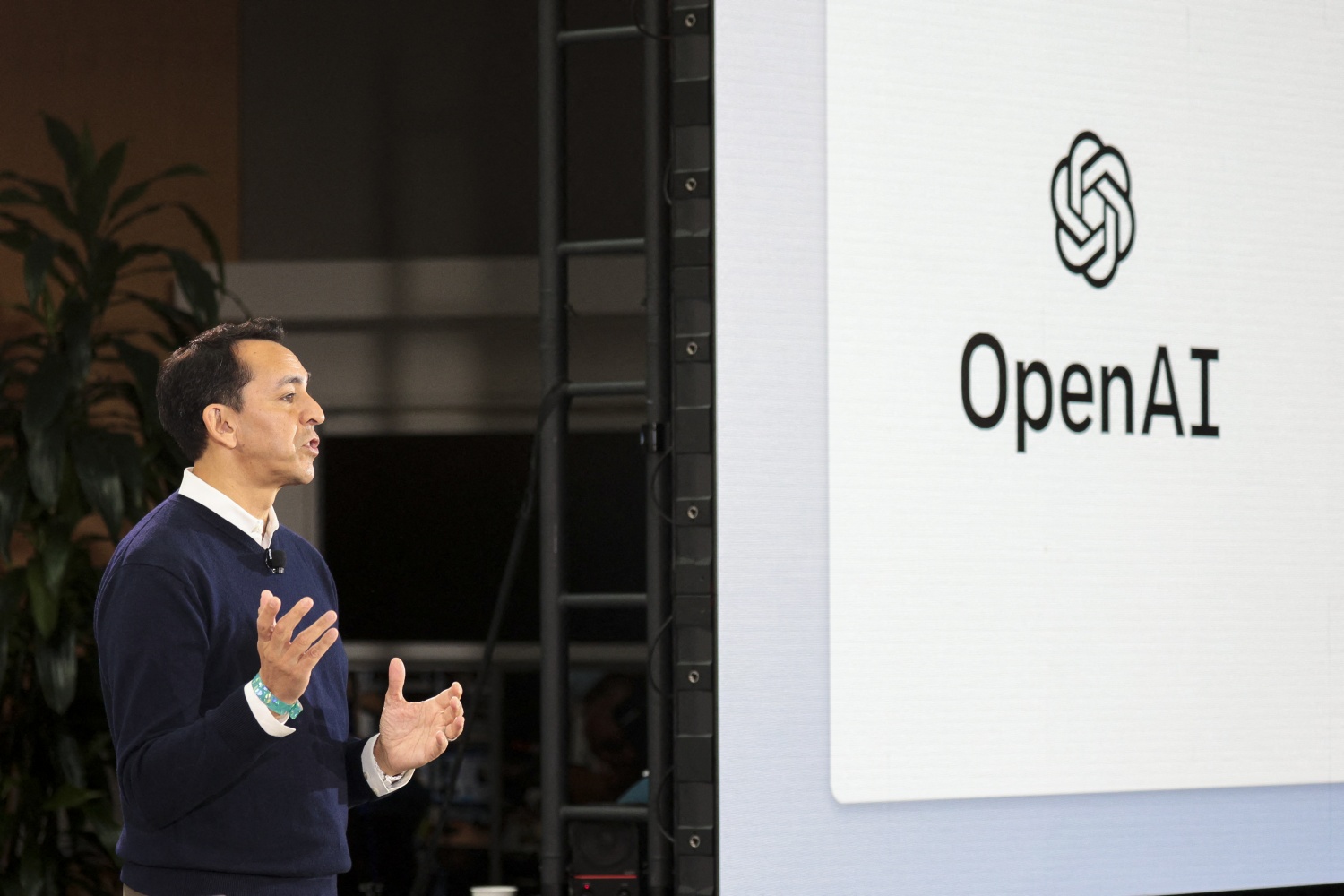Amazon Web Services (AWS) has announced the launch of a new offering called Amazon Elastic Compute Cloud (EC2) Capacity Blocks for machine learning (ML). This service allows users to reserve Nvidia GPUs for specific durations, catering to tasks such as training machine learning models and conducting experiments.
Channy Yun, a principal developer advocate for AWS, highlighted the innovative nature of this feature in a blog post. He described it as a way to reserve GPU instances for future use, tailored to the user’s specific time requirements. With EC2 Capacity Blocks, users can reserve hundreds of GPUs located in EC2 UltraClusters designed for high-performance ML workloads. This is made possible through Elastic Fabric Adapter (EFA) networking, delivering the best network performance available in Amazon EC2.
Amazon emphasized the growing demand for GPU capacity in machine learning, which has outpaced the industry’s ability to supply it. This is especially true as more companies are now utilizing large language models that require access to GPUs. Nvidia GPUs have become the most popular choice, but they are expensive and often in short supply. As a result, GPUs have become a limited resource, especially for customers whose capacity needs vary depending on their research and development phases.
To address this challenge, Amazon introduced EC2 Capacity Blocks for ML, simplifying access to GPU instances for training and deploying ML and generative AI models. Users can reserve hundreds of GPUs located in EC2 UltraClusters optimized for high-performance ML workloads. This is facilitated by Elastic Fabric Adapter (EFA) networking, ensuring top-tier network performance within Amazon EC2.
The renting process for EC2 Capacity Blocks is comparable to reserving a hotel room. Users specify the date, duration, and size of their reservation, similar to choosing a bed type and size when booking a hotel room. On the designated start date, users gain access to their reserved EC2 Capacity Block and can initiate their P5 instances. At the end of the reservation period, any running instances are automatically terminated.
This service caters to scenarios where users require capacity assurance for training or fine-tuning ML models, conducting experiments, or anticipating future spikes in demand for ML applications. For other workload types that demand compute capacity assurance, such as critical business applications or those subject to regulatory requirements, On-Demand Capacity Reservations remain available.
To reserve an EC2 Capacity Block, users can navigate to the Capacity Reservations section on the Amazon EC2 console in the US East (Ohio) Region. Two capacity reservation options are presented, with users selecting “Purchase Capacity Blocks for ML” to initiate the process.
Overall, Amazon’s EC2 Capacity Blocks for ML offer a solution to the increasing demand for GPU capacity in machine learning. By streamlining access to GPU instances and providing reservation options, users can efficiently manage their ML workloads and stay ahead in the rapidly evolving field of machine learning.

I have over 10 years of experience in the cryptocurrency industry and I have been on the list of the top authors on LinkedIn for the past 5 years. I have a wealth of knowledge to share with my readers, and my goal is to help them navigate the ever-changing world of cryptocurrencies.







